The boy swore at his teacher after a confrontation with a fellow pupil then ran away, recalls Jenn Knussen.
When the Fife head teacher found him he slumped to the ground with his head in his hands.
It proved a lightbulb moment for her.
From then on, she stopped seeing ‘challenging’ behaviour among children at Pitteuchar East Primary School in Glenrothes.
Instead she looked at the distress behind it.
She inspired her own staff and others around the country to do the same.
Now Jenn, 56, is about to retire and write a book about what she has learned about children during 35 years of teaching.
He was in fight or flight mode
Recalling that pivotal moment 13 years ago, she explains: “This was not the time to ask him about what happened in the playground.
“He was clearly upset and was in fight or flight mode.”
The boy was in the care system and his placement was breaking down. He must have felt scared and alone.
Jenn says: “I put my hand on his forearm and said ‘I don’t how to help you, but I’m here’.
“I just sat on the floor beside him because that’s all I could do, be a presence for him.”
Over the subsequent weekend the event played over and over in Jenn’s mind.
She says: “I realised that any incident of what we used to call challenging behaviour that I had experienced in my whole career was either down to a child’s distress or an adult’s distress.”
That distress, she explains, could be as overwhelming as having nowhere to call home like this boy’s.
Or it could be as commonplace and fleeting as an adult worrying about being late.
‘A challenge is something you win or lose’
Back in school on the Monday, Jenn challenged fellow staff to come up with an incident they couldn’t trace back to distress.
She says: “They came back the next day and said ‘you’re right, we can’t think of a single one’.”
Jenn and her staff began referring to distressed rather challenging behaviour as they discussed pupils. The language changed perceptions.
She explains: “As a grown-up, if you walk into a situation where you have been told a child is challenging, a challenge is something you win or lose.
“But if you walk into a situation thinking this a distress situation your immediate response is to offer comfort.”
When Jenn became head teacher of Pitteuchar East in 2011, the term adverse childhood experiences (ACEs) was rarely used.
ACEs are stressful events in childhood such as abuse or neglect. Experts say these can lead to poorer health and wellbeing in adulthood.
Championing a trauma-informed approach, Jenn became a founding member of the Fife ACEs Hub to try to raise awareness.
She has spoken at conferences and to schools around Scotland about Pitteuchar East Primary’s approach.
She says: “Being trauma-informed isn’t just knowing about trauma, it’s the way you behave.
“We assume that everybody has had a trauma of some sort.”
Our puffins
Charmingly, Jenn refers to those children she describes as the school’s ‘movers and shakers’ as her puffins.
She says: “Puffins are a little bit different. They burrow, they don’t build nests. They growl they don’t sing. But everybody loves a puffin!”
Jenn says the approach of her staff creates an “incredibly inclusive” pupil community.
She says: “It’s not a perfect school, far from it. We have our incidents the same as every other school but generally speaking the ethos is lovely.”
In 99% of situations, she says, children will ‘buy into’ their restorative approach.
She says: “They come in (to her office) expecting they will get their say. They will have to listen while the other person gets their say and whatever rupture in the relationship will be resolved.
The old-fashioned way
Children stop lying with this approach, she says. “They’ve got into the habit of coming in here and fessing up to what they’ve done!”
But she adds: “Don’t get me wrong. If I have had several restorative conversations and a child doesn’t buy into it we do it the old-fashioned way – ‘you’re not going to be playing football for a week’.”
Incidents are treated as ‘mistakes’ in behaviour.
“Boys get heated, especially over football,” she says. “It’s normal behaviour but I don’t want to make them feel bad about themselves for doing that.
“I want to give them the tools to mend that friendship and lessen the chance of it happening again.”
Time in instead of time out
Pitteuchar East Primary School does time ins instead of time outs.
“We don’t send a child away, we bring them in closer,” says Jenn. “They will be with an adult; supported time to co-regulate and bring heightened behaviours down.”
It doesn’t reward but it does recognise success. This is often with Big Ape (Behaviour is Great at Pitteuchar East) shout-outs at assembly.
There are no stickers or behaviour charts on the walls.
Indeed that has inspired the working title for Jenn’s book: ‘You Wouldn’t Put My Name on the Wall for Making a Mistake in Reading, Would You?’
Publisher Bloomsbury invited her to write it and she is working on the proposal.
Jenn says: “It’s going to be about what I have learned about children and how that has impacted on my practice.”
When she retires at the end of this term, giving her time to write it, she does so with her depute for 12 years, Susan Petrie.
And it will end a lifelong association with Pitteuchar East for her.
Jenn, from Glenrothes, was a pupil there herself. Her mother was a teacher there – Mrs Philp – until 1989, the year Jenn began her teaching career.
“She still gets stopped in the street by former pupils and she remembers all their names,” says Jenn.
Jenn was head teacher at Aberhill and Tayport primary schools before being asked to take on the acting headship at Pitteuchar East.
She says: “That was really strange having been a pupil here. When the head teacher showed me round there were lots of bits that I recognised and other bits that had completely changed.
“It’s been really nice for the children knowing that.
“And in some ways it felt like coming home.”
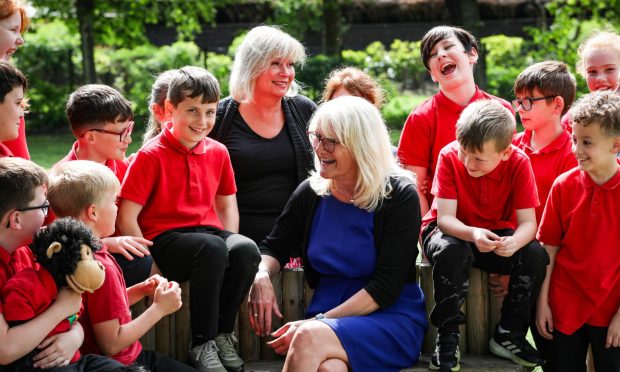
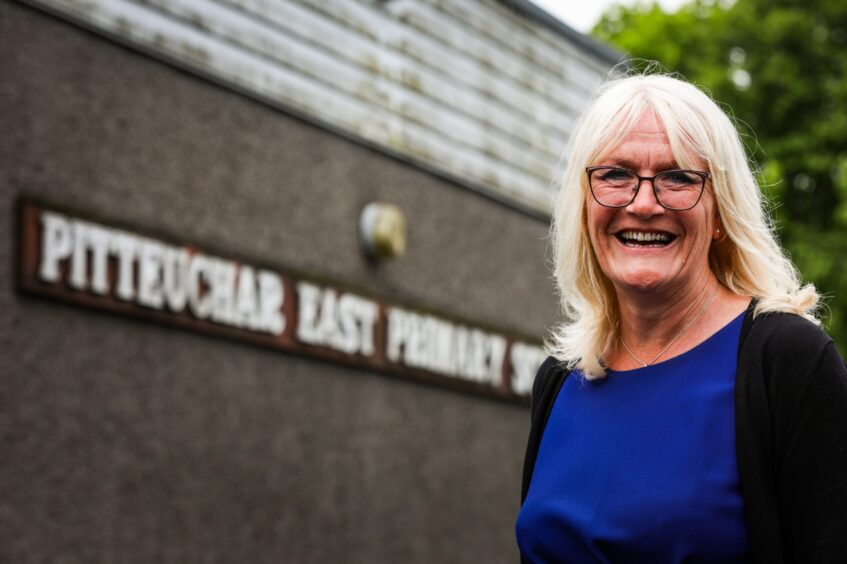
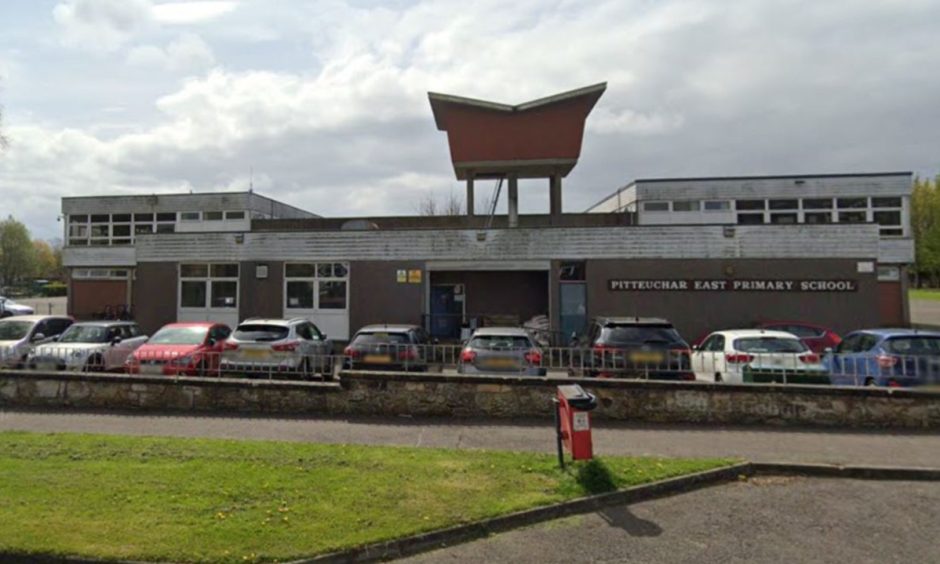
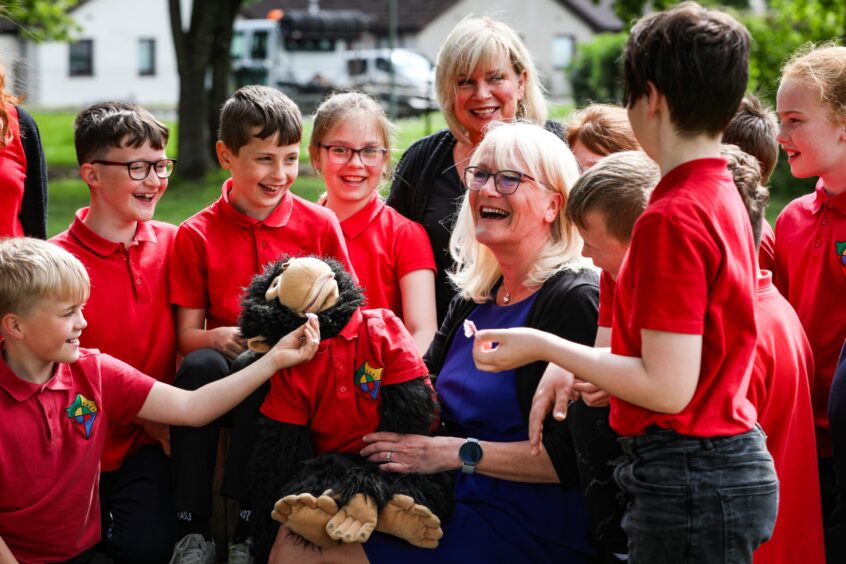
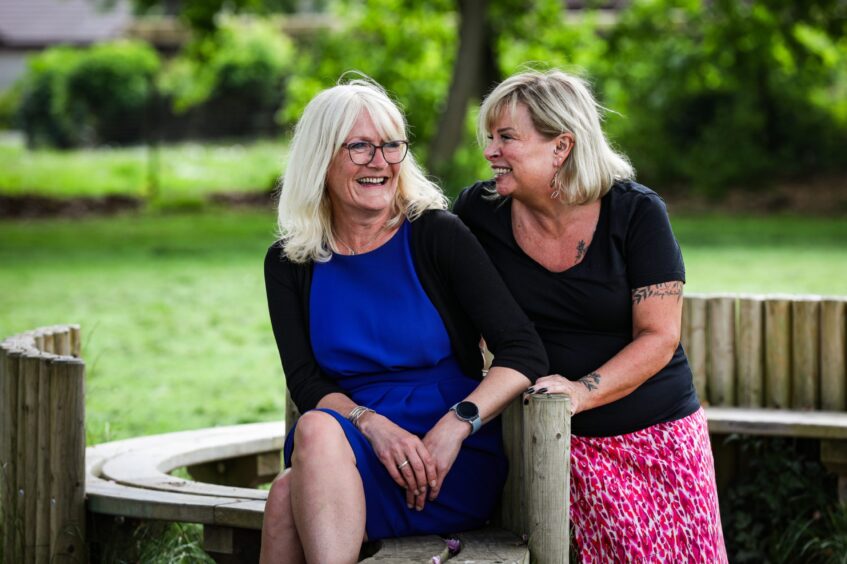



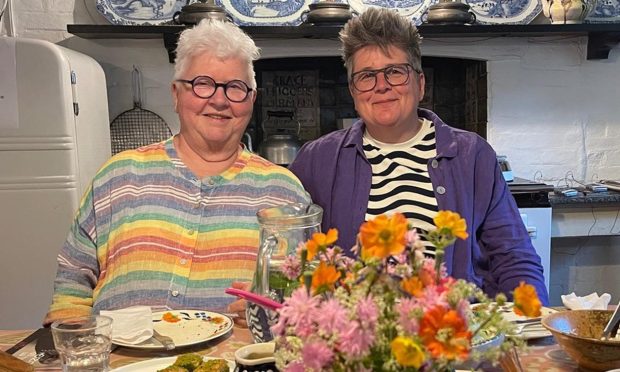
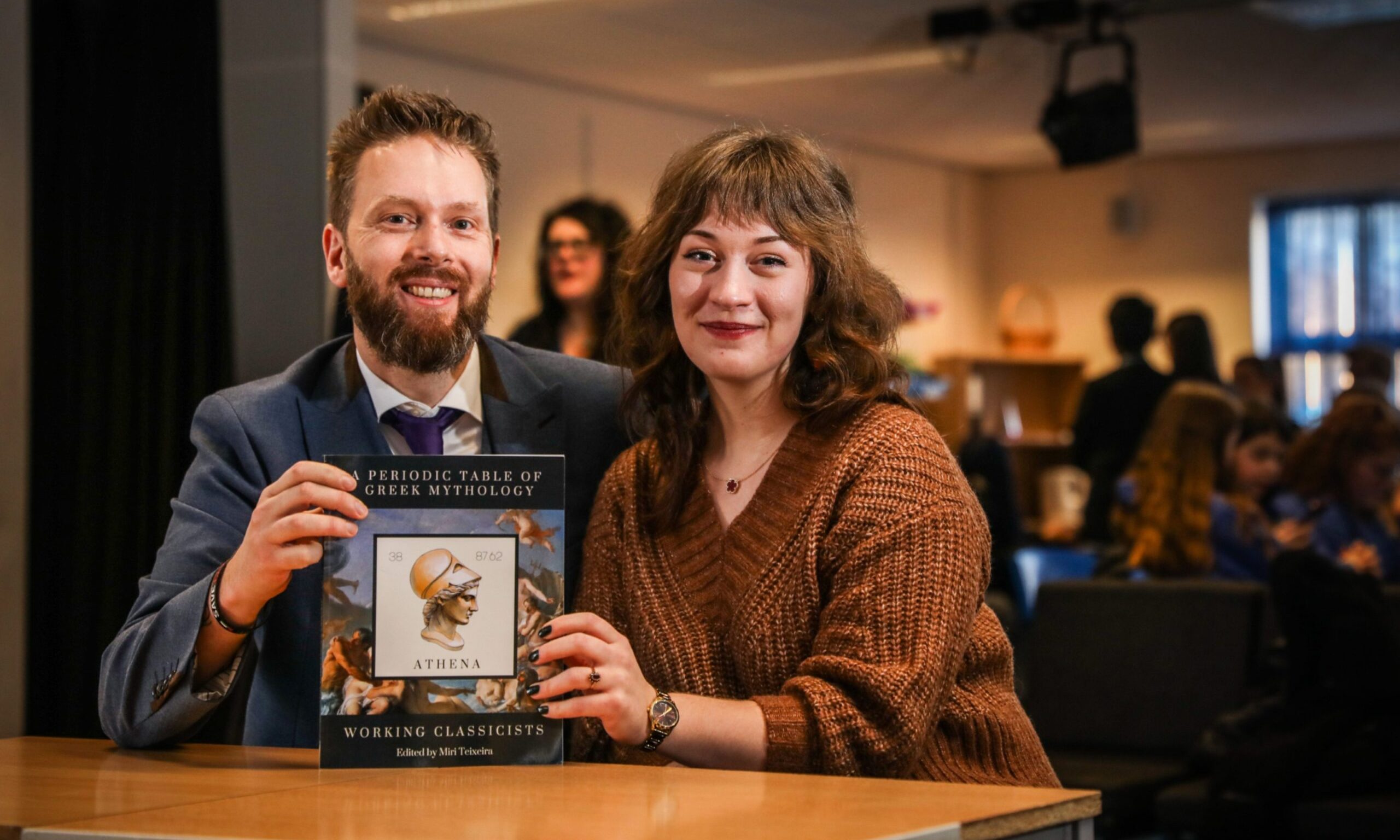
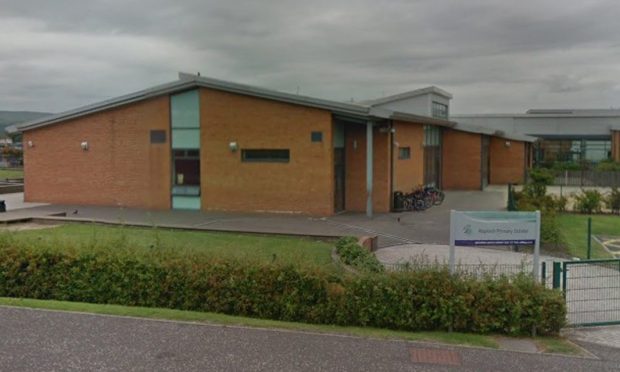

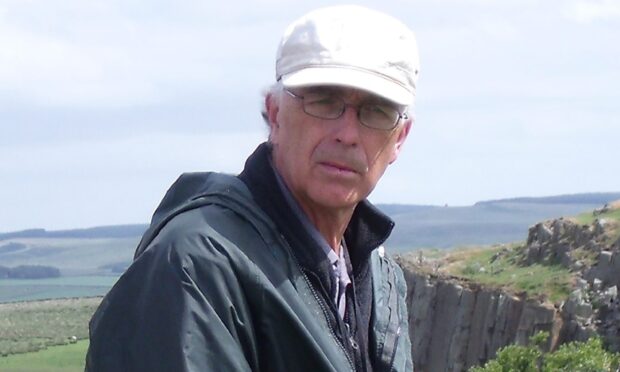

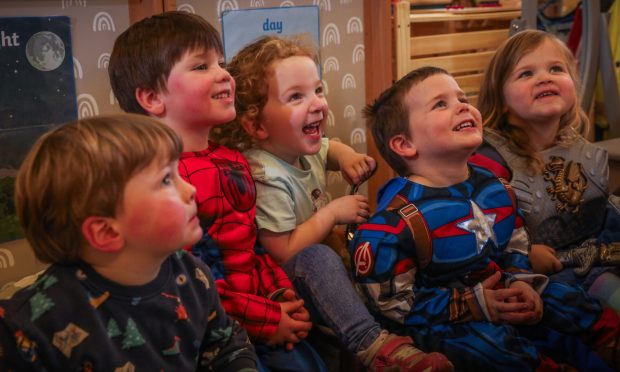
Conversation